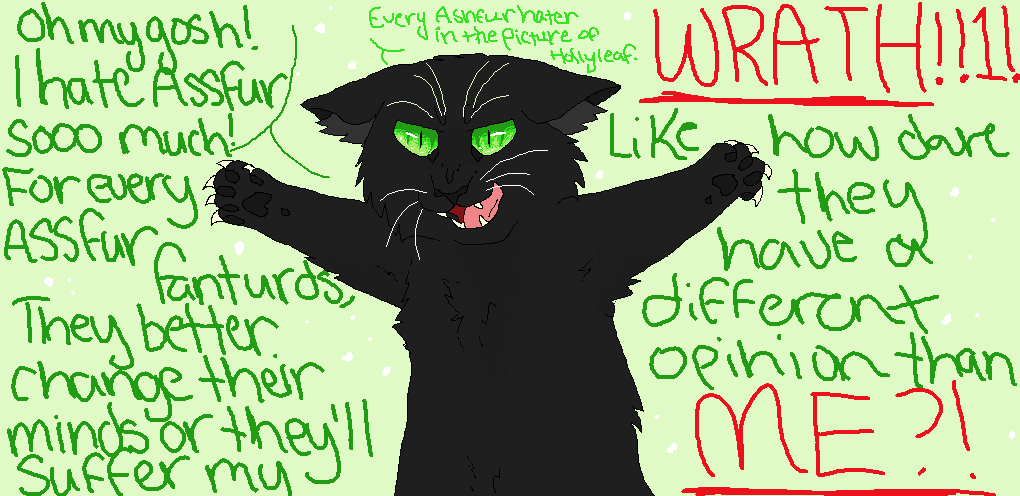In my adoption group, one woman wrote –
How are adoptees “chosen” and “special” and “soooo wanted” when hopeful adoptive parents would literally pick ANY baby under the sun?
Partially prompted by A Million Little Things when their adoption agency offers a replacement baby the *same day* they learn the natural mom they had bought decided to parent.
I only watched one episode. The natural mom decides to keep her baby, hopeful adoptive parents are upset, next thing the adoption agency calls saying another woman is in labor and they got “bumped to the front of the line” which sounds like a McDonald’s drive-through lane that dispenses babies. Thankfully, the woman says no… for that episode…
This same woman goes on to explain –
I’m French and was relinquished at birth. I went to an orphanage, for 2 months the birth mom has the right to come back for her baby, and nothing can happen, then legal initiates. I was legally free around 6 months by then they put me in a family that had paid $0 (adoption is always free) and vetted by social services for months.
Now they provide even more help for birth moms to parent, so the number of babies like me is only 700 per year, which discourages adoption as a way around fertility. That would be around 3,500 babies for the whole US, 50 per state.
And instead of foster homes we have a paid social worker taking kids in his home with a stipend on top of salary going to the kid’s needs. It doesn’t prevent hopeful adoptive parents from shopping for a kid abroad and is far from perfect but there is no commercialization of domestic babies, and even surrogacy is illegal.
An adoptive parent shared her perspective –
I am an adoptive parent that is still constantly learning and working through my own insecurities, I believe it all stems from the “meant to be” or “God’s plan” narrative that many/most adoptive parents feed into.
Like any disrupted match (in the eyes of the adoptive parent) is just not the child God has waiting for you. The one that worked out was the one all along. When one really thinks about it, it’s like the adoptee stated – any baby will do and becomes “chosen”. This group has helped me see the issues and concerns with this way of thinking. I am still always reading and learning though.
Another adoptee added –
As an adoptee I never felt chosen or special I felt sadness and confusion. When we were forced to adopt our foster baby we didn’t do any celebration and we didn’t announce it on Facebook etc. we didn’t start a Go Fund Me or beg for money on TikTok or share his journey. Only immediate family know.
Thank god it’s an open adoption and for the first year it was much like a divorced couple but the last year since his mom got married and has a new baby, visits and time with her have been less and less – at her request. My hope is once she settles into a new normal, she will spend more time with him. But I’ve never used those words with him.
And this came from South Africa –
I totally agree an adopted child should never be burdened with the “chosen”, “special” etc narrative. I had a domestic infant adoption with a private social worker. At the time I adopted, I tried to make sure I did NOT “choose” a specific child. The first child I was matched with luckily went home with his aunt. I was so happy for that child.
I was then matched with a different child, and again I tried to keep my heart from attaching to this specific child, in case his parents were able to parent. I was trying to keep in mind that what is best for the child is their family. I felt I was trying to offer a home for a child who needed it, and not attach and try to hold on to a child that could go to their family.
So many hopeful adoptive parents mourn the parents changing their mind – but surely that is the ideal situation.
Finally, this question – what birth mother actually doesn’t “want” her baby?
And this response – they exist but they are FEW and FAR between. The narrative of the droves and droves of unwanted babies in the US that are languishing away for help really burns me. (And I was one of those few, actual unwanted babies).
So what do adoptees actually feel ? We are not chosen. Quite the opposite. We’re discarded.










